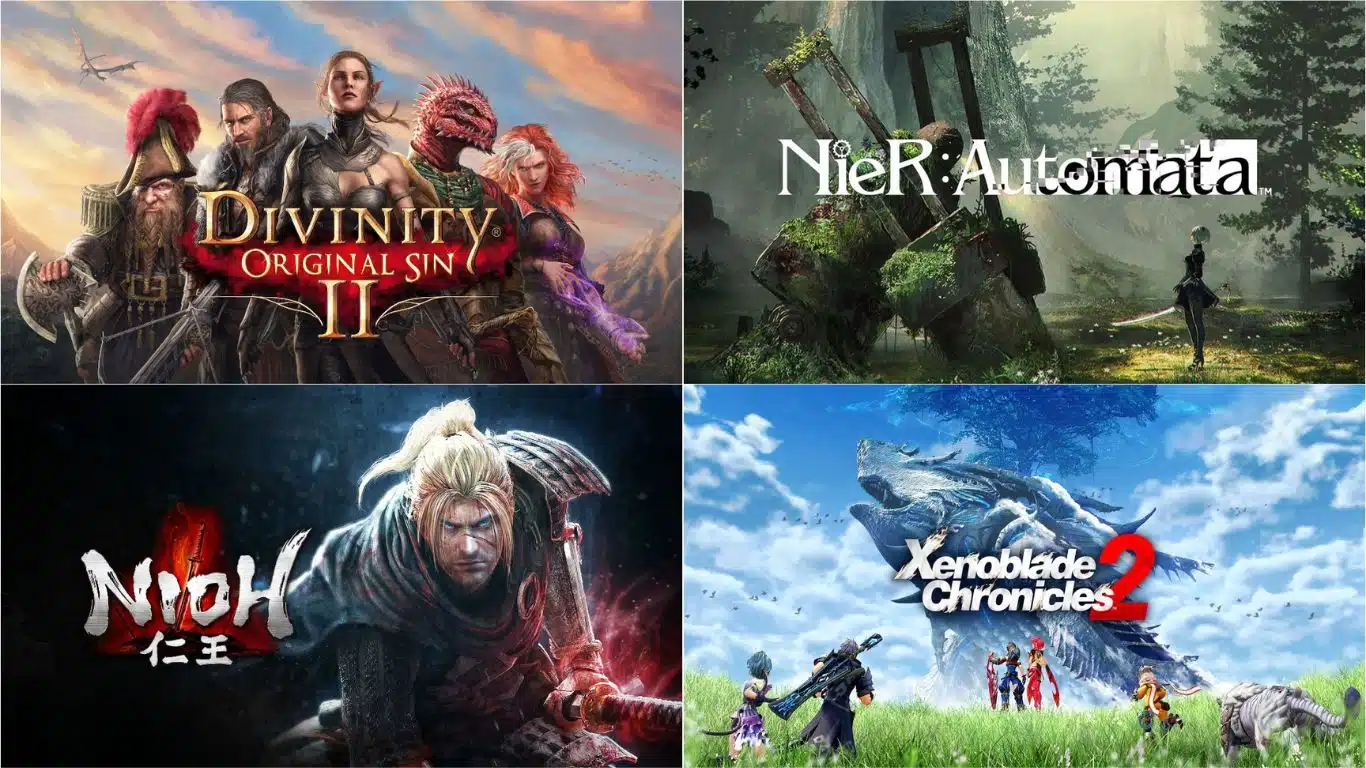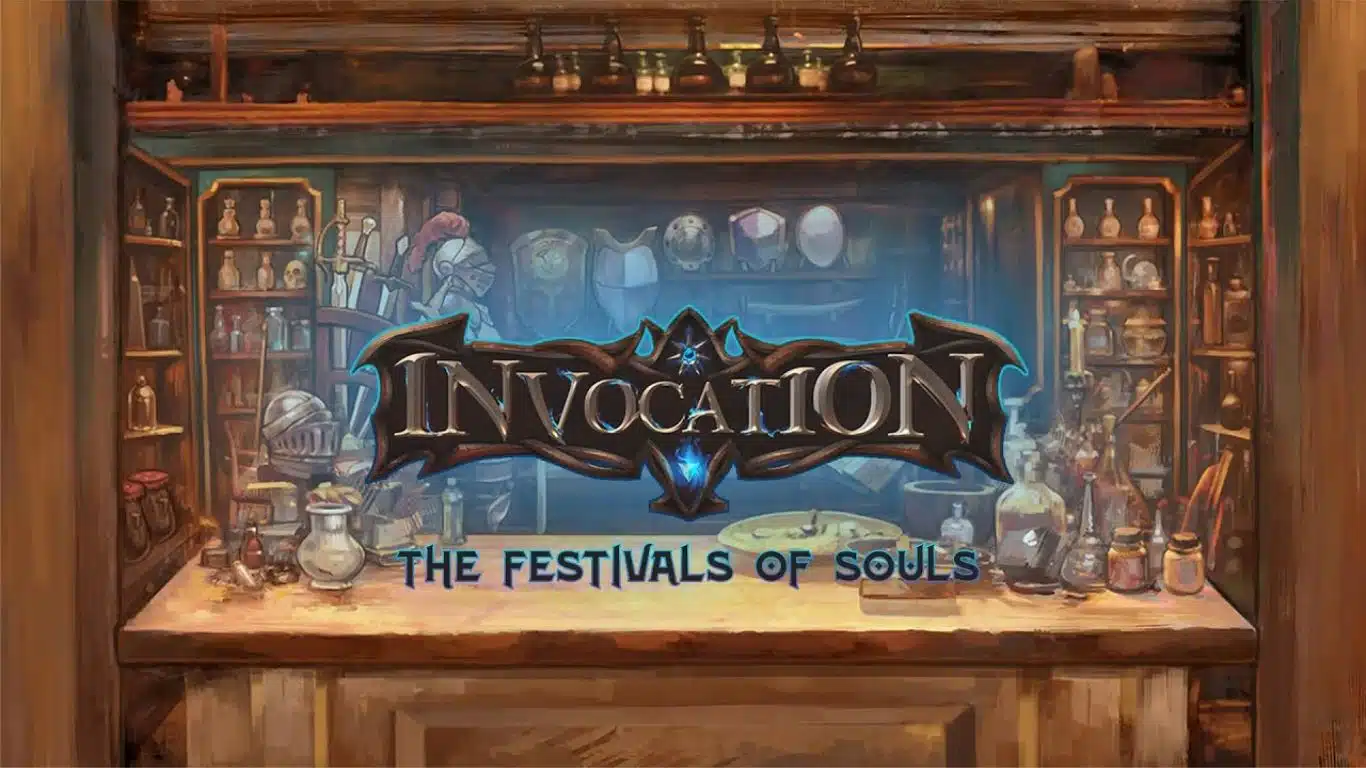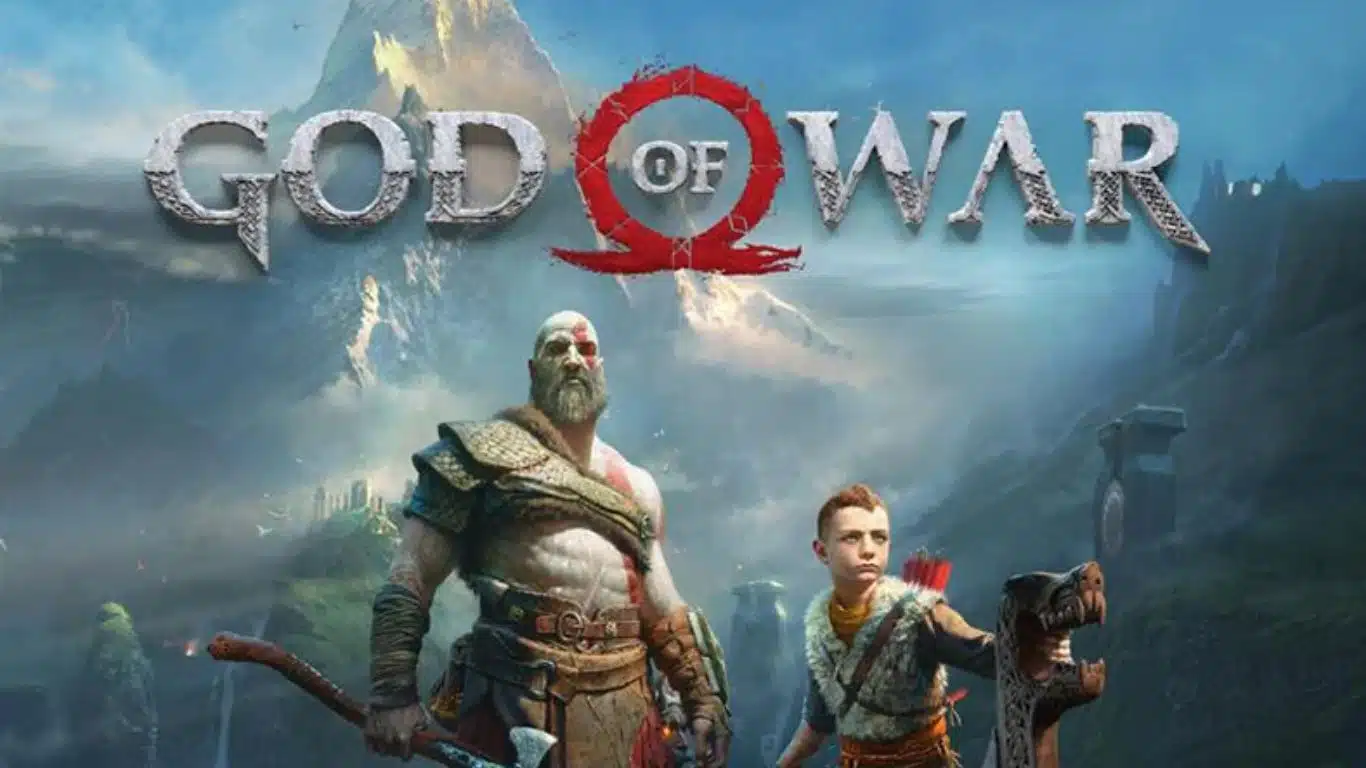Video games have become an increasingly popular form of entertainment over the years, with a wide variety of genres available to suit every taste. From action-packed first-person shooters to strategy games that require careful planning, there is a video game genre out there for everyone. However, with so many options available, it can be overwhelming for new gamers to navigate the world of video games. In this article, we will be exploring the Top 10 video game genres every gamer should know. Whether you are a seasoned gamer or just starting out, this guide will provide you with a solid understanding of the different types of video games available, helping you to choose the perfect game for your preferences. So, let’s dive in and explore the exciting world of video games!
Top 10 Video Game Genres Every Gamer Should Know
Sandbox

The sandbox genre, popularized in tech and video games, is known for its emphasis on player choice, open environments, and non-linear gameplay. Unlike traditional games that follow a strict narrative, sandbox titles offer players a variety of tasks to accomplish, often with multiple paths to success. This encourages experimentation with unfamiliar mechanics and draws players into immersive experiences. Even highly conceptual games with minimal gameplay, such as 1984’s Elite, are considered part of the sandbox genre. Simulation games, like The Sims, and popular franchises, such as Minecraft and Grand Theft Auto, are also often categorized as sandbox titles. As game worlds expand and narratives diversify, the sandbox genre will likely continue to overlap with other gaming genres.
Shooter (FPS and TPS)

The shooter genre has a long history and has evolved into two primary sub-genres: first-person shooter (FPS) and third-person shooter (TPS). There is a potential for overlap between the two sub-genres as many contemporary games allow players to switch between first and third-person views. Battle royale games, like Fortnite and PlayerUnknown’s Battlegrounds, are usually played in either first or third-person views. The main difference between the two sub-genres is the perspective. FPS games simulate a human viewpoint, while TPS games showcase the character and the surrounding environment. Shooter games have been repackaged in many ways, including arcade-style shooters, shoot-em-ups, and bullet-hell games. Some games, like Call of Duty , have elements of both FPS and TPS gameplay, while others, like the Halo series, focus primarily on FPS gameplay.
Role-playing games

Role-playing games (RPGs) are a popular cornerstone of gaming, with the basic premise being to create or take control of a character that can be leveled up through experience points. However, the RPG genre has grown and blossomed into numerous sub-genres.
Action RPGs (ARPGs) have a strong emphasis on combat and are similar to standard RPGs, such as The Witcher 3. Computer RPGs (CRPGs) are Western-developed RPGs created for PC gamers, like the first two Fallout games.
Massively multiplayer online RPGs (MMORPGs) combine the massively multiplayer online genre format with RPG gameplay, with notable titles like Divinity Original Sin. Tactical role-playing games
(TRPGs) resemble strategy games but place a deeper emphasis on creative thinking and short-term decision making, like the XCOM series. Roguelikes are defined by turn-based gameplay, permadeath, tile graphics, and procedural generation. Roguelites are similar to roguelikes but do not include one or more key elements of the typical roguelike, such as Rogue Legacy.
Real-time strategy (RTS)

These games have been a part of the gaming world for a long time, even before the genre was officially coined. The enduring popularity of RTS games has led to the growth of new sub-genres, keeping it relevant in the video game landscape. The archetypal RTS game, Dune II, involves players controlling different factions and competing against each other simultaneously in “real time,” as opposed to turn-based strategy. RTS games usually have resource and map management, and they often feature a top-down view. While Warcraft, Age of Empires, and Frostpunk are among the most popular RTS titles, there are many others, as well as games that blend elements of RTS and turn-based strategy.
Multiplayer online battle arena (MOBA)

Multiplayer online battle arena (MOBA) games have become increasingly popular and share many similarities with real-time strategy (RTS) games. Both genres have a top-down perspective that emphasizes map and resource management and real-time competition between players. However, the key difference between MOBAs and RTS games is the player’s character and role. In a MOBA, the player typically controls a single character, while in RTS games, they build communities and command multiple units. MOBAs also prioritize multiplayer and team play, with human players competing against each other to meet victory conditions, while some well-known titles feature AI-controlled elements.
Simulation and sports

Over the years, the boundaries between genres have become increasingly blurred, and it’s only with advancements in graphics technology that they have started to offer unique, immersive experiences. With the latest iterations of sports games, there has been an expansion in variety, with full-fledged partnerships with major sporting organizations such as FIFA and Madden NFL. Meanwhile, simulation games encompass sandbox titles, world-building games, and virtual reality games, with a typical focus on creating an immersive and realistic game world. Whether it’s epic scenarios or smaller experiences centered on a particular area or experience, simulation games aim to provide an immersive experience.
Racing Games

Since the mid-1970s, racing games have been a prominent genre in the video game industry. Classics like Gran Trak 10, Night Driver, and Rally X paved the way for newer titles such as Need for Speed, Super Mario Kart, and Sony’s Gran Turismo, which made significant contributions to the evolution of the industry in the 90s.
Racing games have continuously evolved over the years and have expanded into several sub-genres, always staying ahead of other genres in terms of innovation and revenue. With the advent of new technology, developers have been able to create more realistic and immersive experiences for players. The racing genre has also benefited from collaborations with major car manufacturers and racing organizations, resulting in games that offer highly detailed car models and tracks.
Fighting Games

The fighting game genre has given birth to worldwide franchises like Tekken, Mortal Combat, and Street Fighter, which have achieved global recognition. With exciting titles such as Street Fighter, Nintendo’s Super Smash Bros., and the beloved Mortal Kombat, this gaming category is firmly established and seems to have a bright future ahead. Thanks to healthy competition and continuous innovation, the fighting games genre has been continuously evolving.
Puzzlers and party games

Puzzle games and party games share a common focus on game mechanics. These genres can include adaptations of traditional board games with specific rules or new games based on certain themes. Party games tend to place a greater emphasis on multiplayer elements and gameplay mechanics. The Mario Party series is an excellent example of this with its popularity and numerous sequels and spin-offs. Puzzle games, also known as puzzlers, can range from simple games such as Portal 2 to complex games with developed environments and gameplay mechanics.
The Tomb Raider series is a great example of a puzzle game where solving puzzles is a critical part of the game. In this game, puzzles are integrated into the conventional adventure narrative, and mini-maps are often presented as puzzles that players solve throughout the game. Both genres have evolved over time with new innovations and continue to offer unique and exciting experiences for players.
Action-adventure

Action-adventure games are an early and recognizable hybrid genre that emphasizes plot and combat through engaging storylines and tight gameplay mechanics. The God of War franchise is a classic example that set the standard for many franchises to follow. The distinction between action and adventure lies in how games balance story and features like simulated combat.
Ubisoft’s Assassin’s Creed series is a mainstay with an immersive experience and historic settings, such as London during the Industrial Revolution and ancient Greece. Other examples of modern action-adventure games include Star Wars Jedi: Fallen Order, Watch Dogs, Sekiro, and the Arkham games. Adventure games also have their own genre, with point-and-click sub-genres that involve players solving puzzles in a first-person perspective, such as Escape From Monkey Island, King’s Quest, and Day Of The Tentacle.
Also Read: The Most Anticipated PlayStation Games of 2023



